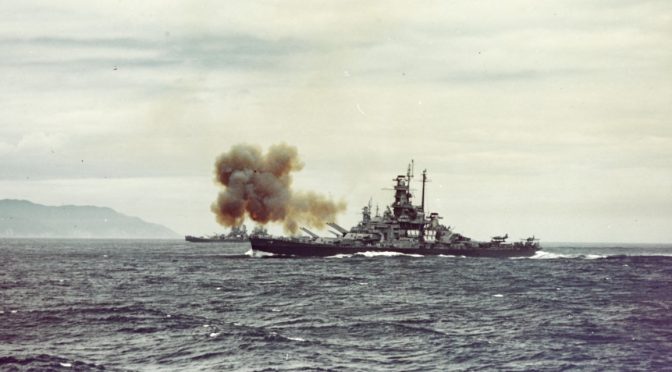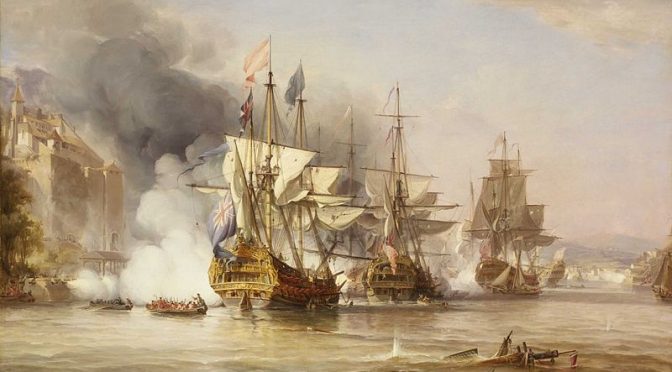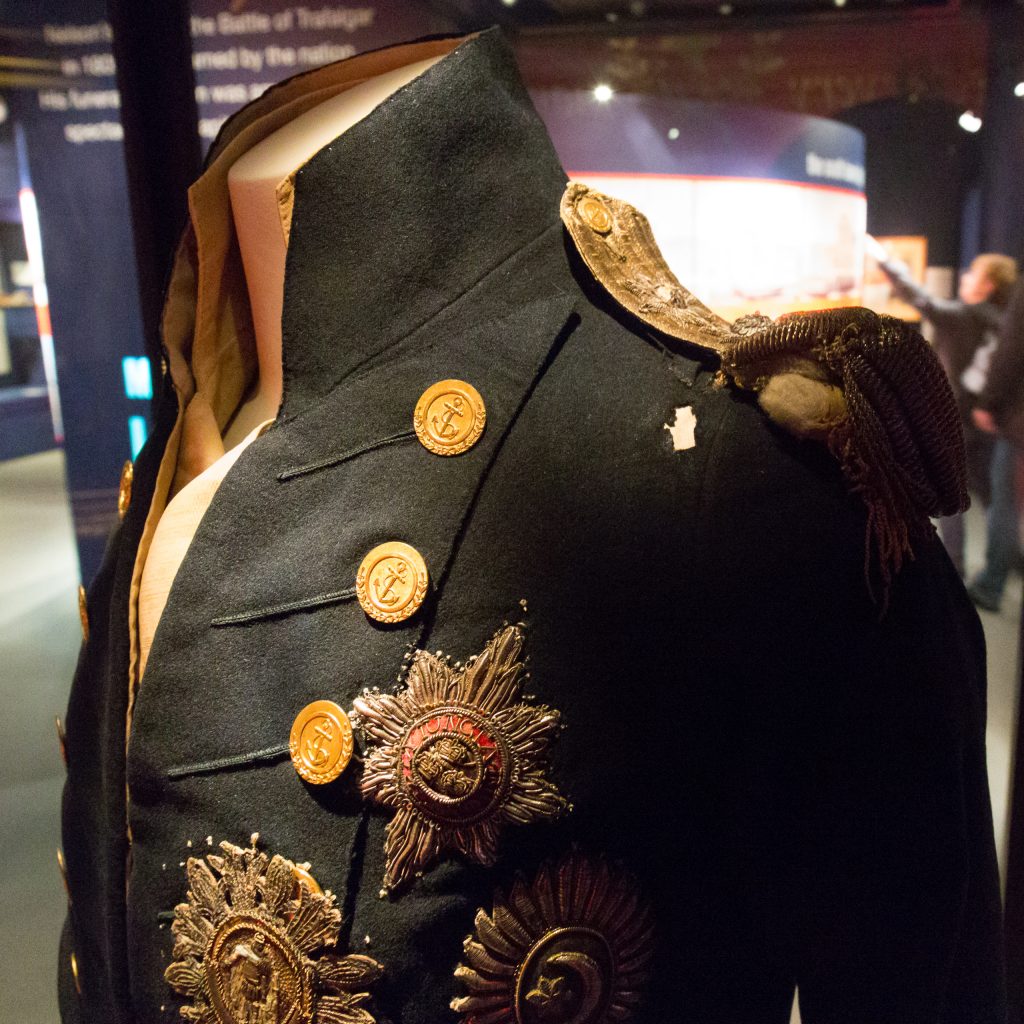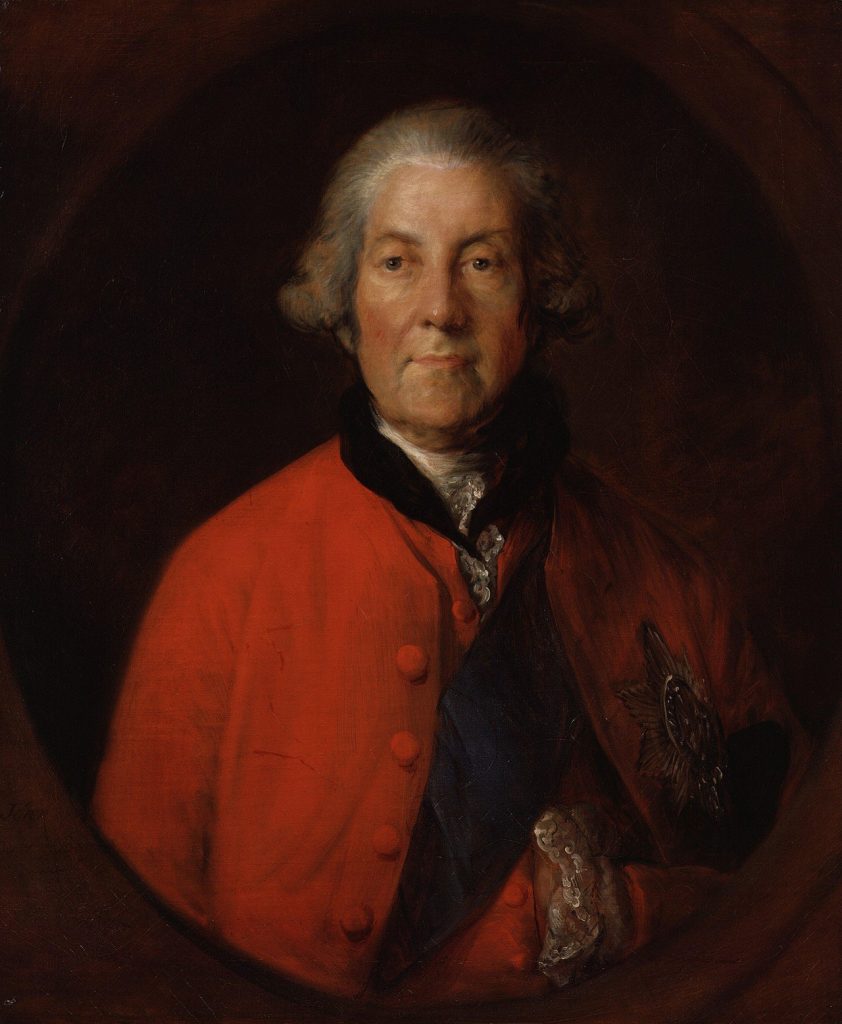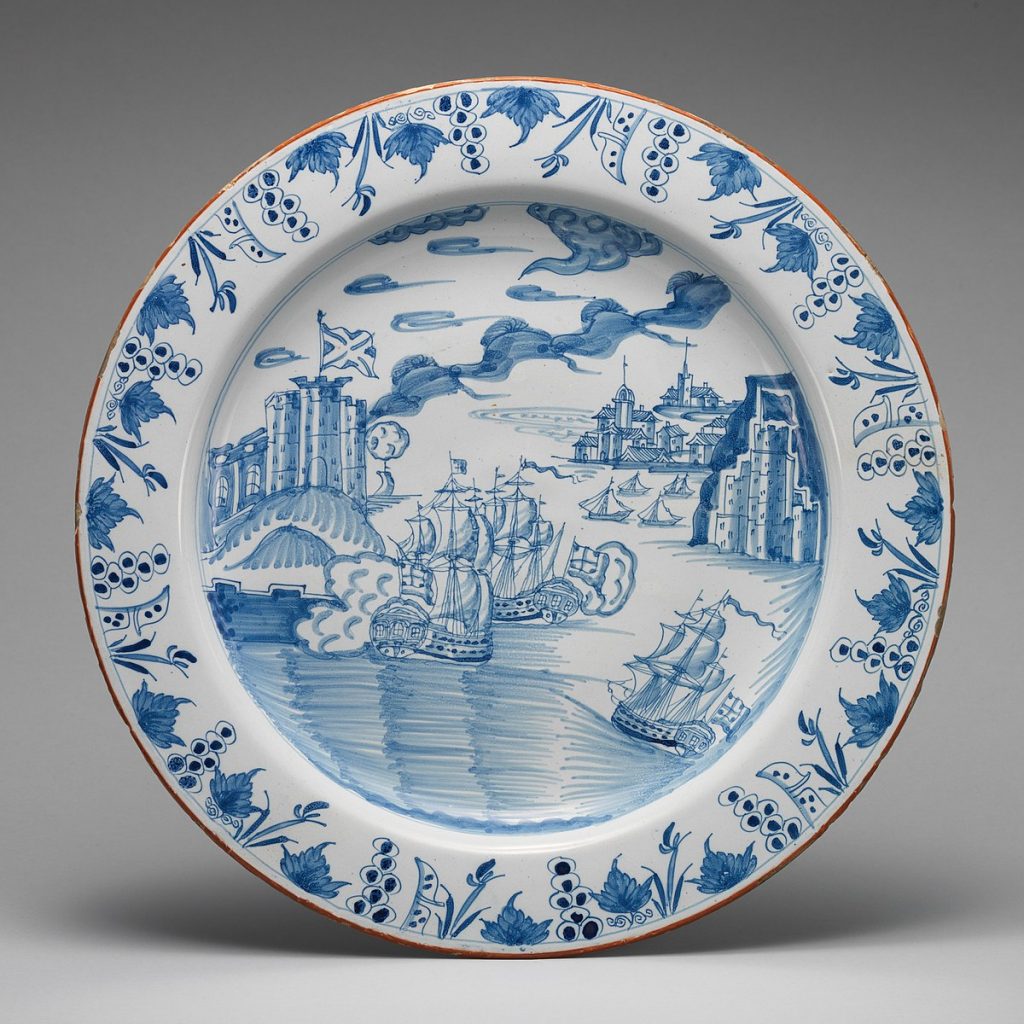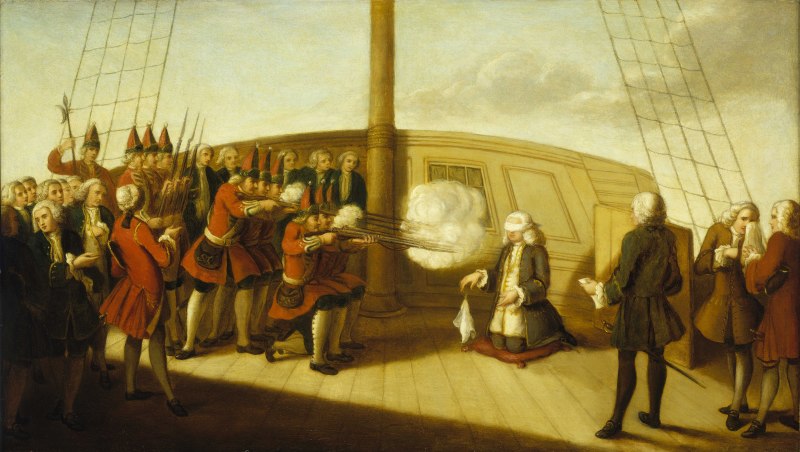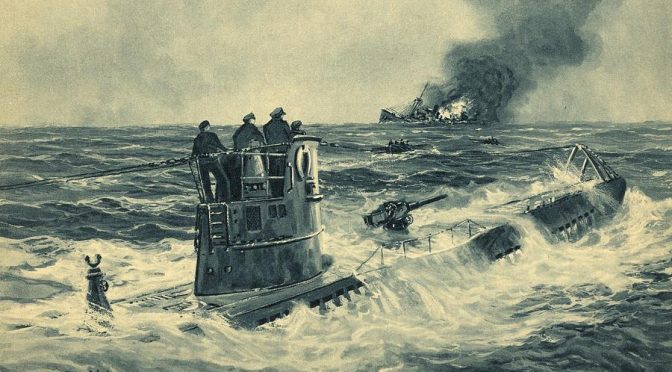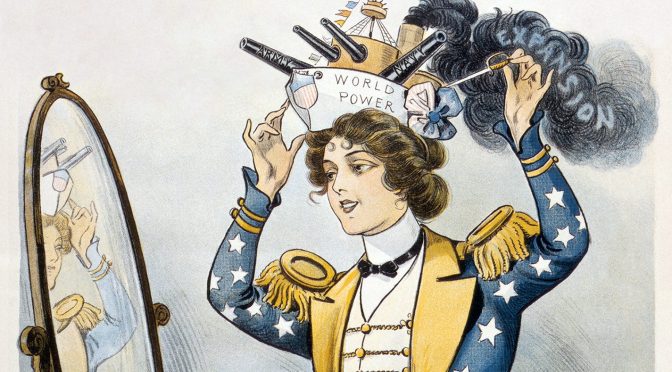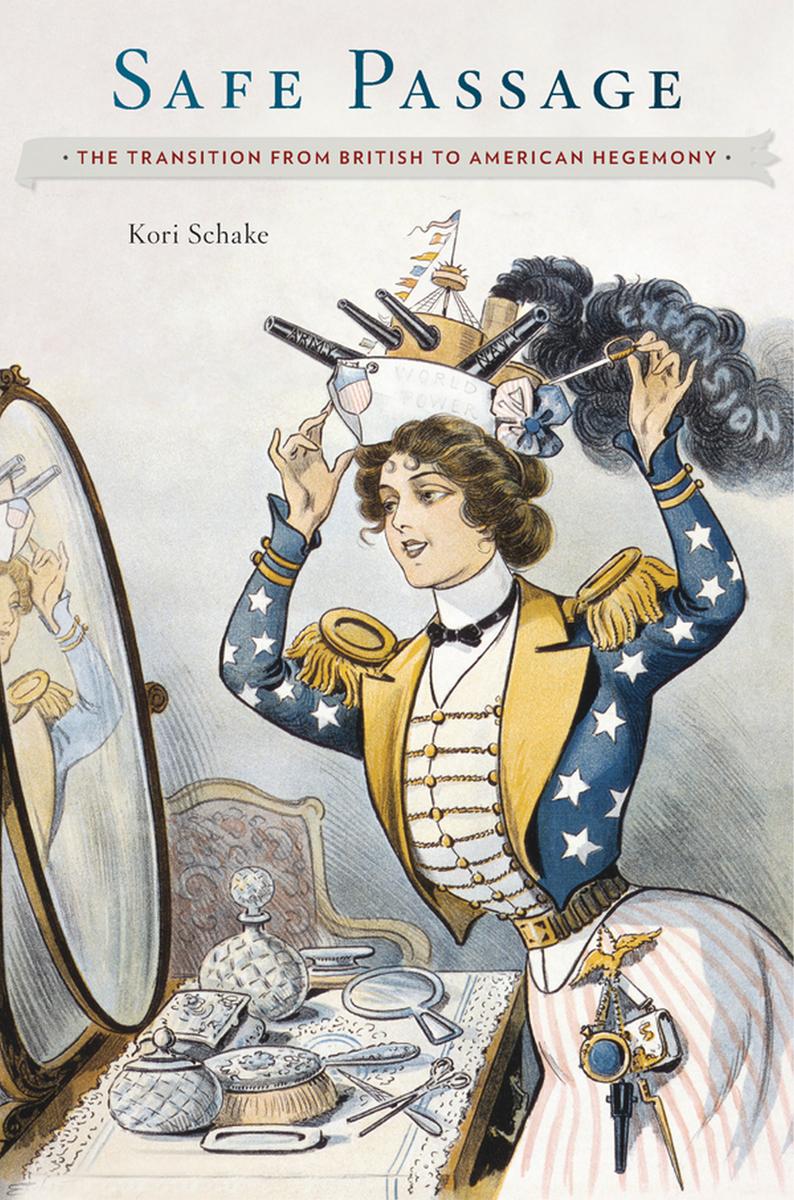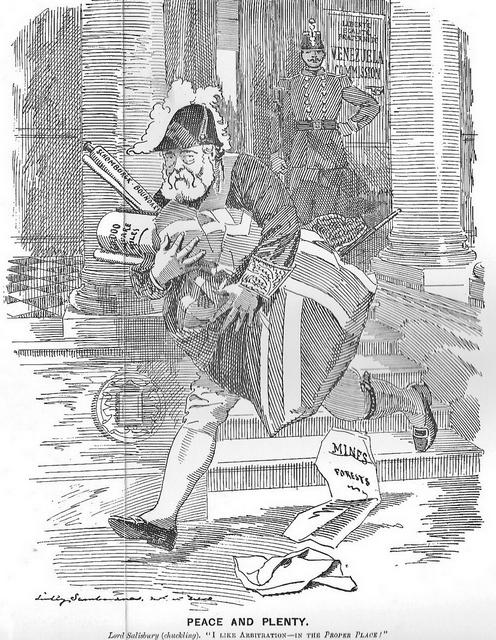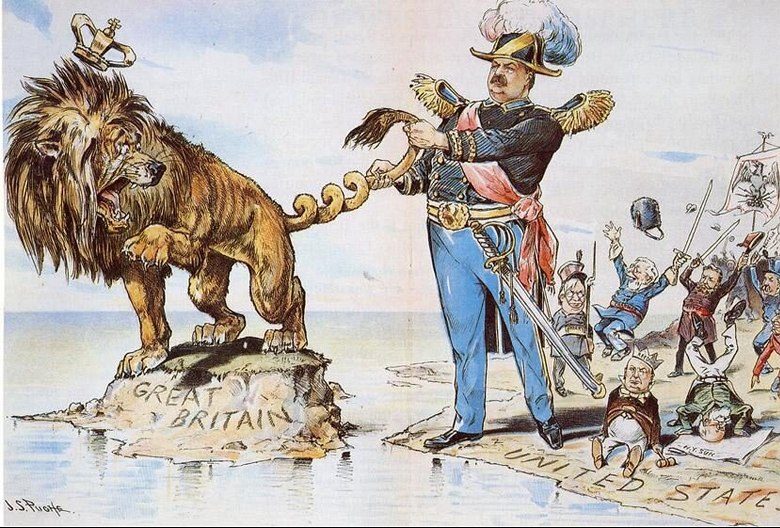By Christopher Nelson
Author Trent Hone joins us today to talk about his new book Learning War: The Evolution of Fighting Doctrine in the U.S. Navy, 1898-1945. This is a great book. And as others have noted, it’s a fine compliment to John Kuehn’s work on the Navy General Staff, Scott Mobley’s book Progressives in Navy Blue, and I would add, Albert Nofi’s To Train The Fleet For War: The U.S. Navy Fleet Problems, 1923-1940.
We talk about everything from Admiral Frank “Friday” Fletcher to “safe-to-fail” systems vs. “fail-safe” systems. And stick around to the end. Trent Hone offers some advice to the CNO on how we can build a better learning organization.
Nelson: For the readers, could you tell us briefly what your book is about?
Hone: My book investigates how the U.S. Navy of the early twentieth century learned to innovate. I explore how the Navy invented new technologies, created new tactics, and found ways to rapidly evolve its combat doctrine based on peacetime exercises and wartime experience. Today, we would describe the Navy of that era as a “learning organization.” I explain what that means and describe the mechanisms the Navy used to effectively learn and innovate. I believe there are lessons from that time that are very relevant for today’s organizations, both military and civilian.
Nelson: Why did you want to write this book?
Hone: I’ve been interested in naval tactics for a long time. I remember reading Wayne Hughes’s Fleet Tactics when it first came out in the 1980s and being fascinated (It’s a great book now on its third edition). In the 1990s, I decided to explore the Navy’s surface warfare tactics before and during World War II. I wanted to know what Admiral Husband E. Kimmel might have done if Pearl Harbor hadn’t been attacked. That research led to a series of articles on the development of Navy tactics—including a prize-winning one in the Naval War College Review—and, ultimately, began to overlap with other work I was doing.
I started my career as a software engineer. As I assumed positions of greater responsibility, what became most interesting to me was not the development of the software, but how teams organized to create software and do innovative work. I studied various techniques and methods to improve the teams I supervised and eventually transitioned into advising and coaching organizations to help them get better at learning and innovating.
As I continued looking at the evolution of the Navy’s tactical doctrine in the early twentieth century, I saw patterns that resonated with today’s most-effective learning techniques. The language was quite different, and the specific processes were different, but some of the underlying principles were remarkably similar. I realized it was a story that had to be told. I describe an arc of innovative creativity that stretches back decades by charting the evolution of surface warfare tactics.
Nelson: Early in the book you talk about “fail-safe” systems and “safe to fail” systems. The latter, you say, are best for a culture that encourages innovation. With this in mind, what would you say Rickover’s submarine culture consisted of? Is he a rare exception in the case of a system that is “fail-safe” yet innovative?
Hone: I’m glad you brought this up. Alicia Juarrero’s term “safe to fail” gives us a new way to think about failure modes and how to account for them. The key difference between the two is that with “fail-safe” we attempt to anticipate possible failure modes and design ways to mitigate them. With “safe to fail,” we recognize unanticipated failure modes will occur and organize to ensure survival when they do. This has relevance to organizations because when we want to learn and innovate, we are going to fail. A “safe to fail” organization finds ways to explore new ideas and experiment with them without endangering its long-term survival. The Navy was good at that in the early twentieth century.
I’m less familiar with Rickover’s time, but from what I understand, it would be inaccurate to describe the culture he developed as primarily “fail-safe.” Certainly, it used procedures with rigidly prescribed steps in order to prevent known failures, so in that sense it was “fail-safe.” However, he recognized that unanticipated failure modes can and will occur. Defined procedures are inadequate to account for these circumstances. Instead, it’s essential to rely on the collective skill and experience of people, so the culture integrated crewmembers together. Layers of human observation and experience became the means to identify, anticipate, and address unforeseen circumstances. In that sense, the culture has a “safe to fail” component. Things will go wrong; people will make mistakes. But trust and experience become the means to identify and resolve them.
As it turns out, that’s the most effective way to deal with problems in complex environments. Standard procedures and automated routines free our mental capacity so that when unforeseen circumstances arise, we can quickly identify and address them. That’s what made the Combat Information Center (CIC) and its successors effective: the artful integration of standard processes, technology, and human judgment. I worry that with the increasing emphasis on automated systems, we might be taking the talents of our people too far out of the loop. There’s no substitute for human experience and skill when the unanticipated occurs.
Nelson: What is the “edge of chaos” and why does it matter to any organization that is trying to be innovative?
Hone: The concept of the “edge of chaos” is easily misunderstood, so I’ll try to explain it succinctly. In any complex system—like a corporation or a military service—there are processes, procedures, and rules. In the language of complexity, these are called “constraints.” They channel and limit behavior. When constraints are restrictive, they inhibit the ability of people to experiment and try something new. Obviously, that’s a problem if you want to innovate. But the other end of the spectrum is problematic also. If constraints are too loose, there’s no coherence; it becomes difficult to assign cause and effect or make sense of an experiment. The “edge of chaos” is located between these two extremes. It is a space where constraints are sufficiently loose to allow room to explore new ideas and concepts but also rigid enough to focus that exploration and provide feedback on its effectiveness.
Many of us intuitively understand this from our own experience. Software teams, for example, are most innovative (and generally most effective) when they’re given a clear objective and the creative freedom to determine how best to accomplish it. The objective serves as a constraint and focuses their energy. They use their initiative to explore several potential solutions, often arriving at the best combination of technologies that addresses the need. That’s why there’s been such an emphasis on moving away from rigidly detailed requirements documents; they overly constrain teams and limit their creativity. The parallels to military command, and the importance of well-written orders that foster the initiative of subordinates, are obvious.
Nelson: What was the importance of the 1921 Destroyer Instructions?
Hone: The Atlantic Fleet’s 1921 Destroyer Instructions were important for two reasons. It was the first Navy doctrinal manual produced by a deliberately created system of learning. Immediately after World War I, the Navy was transitioning back to peacetime. Many valuable lessons had been learned during the war and officers set out to capture them. Two “colleges” were established, one in the Atlantic Fleet and another in the Pacific Fleet. They combined exercises at sea, wargames ashore, and experience from the recent war to devise new approaches. A regular correspondence was maintained between these two fleet colleges and the Naval War College. The result of their collective learning was incorporated into the Destroyer Instructions.
The Destroyer Instructions were also important because they assumed individual commands—each destroyer squadron—would develop their own specific doctrines that reflected the strength of their ships and men. The Instructions were deliberately written to foster creativity within subordinate commands and avoid being overly prescriptive. The War Instructions of 1923 took the same approach, so Navy officers spent the interwar period exploring a variety of options for how to coordinate and employ their forces, leading to new and innovative techniques.
Nelson: Who was Admiral Frank Friday Fletcher? What were his battle instructions? And why are they an important milestone in naval history?
Hone: Frank Friday Fletcher led the intervention at Veracruz, Mexico, in April 1914 and was awarded the Medal of Honor for his conduct. In September 1914, he became commander of the Atlantic Fleet, which contained the Navy’s most modern ships. The Atlantic Fleet had been regularly conducting exercises to work out how best to operate in battle, and Fletcher continued that practice. By May 1916, he and his staff had gained enough experience to issue a set of Battle Instructions.
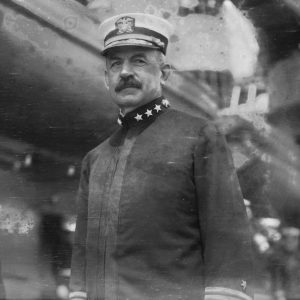
Fletcher’s Instructions marked a departure from previous approaches. He assumed battle was fundamentally uncertain and that centralized control would likely be impossible; this led him to emphasize two things. The first was the use of a plan that would outline objectives for subordinates. Fletcher wanted to encourage their individual initiative and creativity without overly constraining them. Second, Fletcher stressed the coordinated use of all weapons. Previous battle plans had emphasized battleship gunnery. Fletcher recognized that other weapons were coming into their own, particularly destroyer torpedoes. He planned to use his destroyer squadrons very aggressively. These two concepts—the use of a plan and coordinated employment of all arms—remained central to Navy tactical doctrine through World War II.
Nelson: I enjoyed your comment about “type commanders.” You note in your book that during World War II that minor actions were neglected. This mattered. And type commanders were born in light of these shortcomings. What were these “minor actions” and how did the type commanders address them?
Hone: The Navy’s primary focus in the interwar period (1919-1939) was a trans-Pacific campaign. It was expected to culminate in a “major action”—a large fleet battle—somewhere in the central Pacific. Accordingly, most of the fleet-level tactical doctrine focused on “major action.” Tactics for “minor actions”—engagements between smaller task forces—were left to subordinate commanders. It was assumed that these lower-level commanders would have time to develop doctrines for their forces, and, during peacetime, this assumption was largely correct.
However, there were shortcomings. This led to the introduction of the type commands in 1930.
Type commands became responsible for identifying and capturing new tactical approaches for each various type—destroyers, cruisers, battleships, etc.—and there is evidence that new approaches were more rapidly developed after that date. The real problem, though, was the assumption that subordinate commands would be able to develop specific doctrines for their forces.
In 1942, that process fell apart during the battles off Guadalcanal. Ships and commanders moved about too rapidly to develop cohesion. “Scratch teams” were formed and they often performed poorly, as you might expect. The Pacific Fleet addressed the problem by applying some of the same techniques used for “major tactics” to “minor tactics” and leveraging the type commands to rapidly share and disseminate lessons.
Nelson: During World War II, how did the Fleet quickly inform commanders with updated doctrine? This is a problem throughout history, is it not? We make some assessments on what will or will not work in war, and inevitably we will be surprised. What would you recommend to a staff today on how to prepare for such things?
Hone: I love this question because when I first started my research decades ago, I thought that manuals—published doctrinal materials—would be the key to understanding tactical doctrine. I learned very quickly that’s not the case. Doctrine is a set of assumptions and mental models. The documentation provides a backdrop, but what really matters is how individuals think about problems and work together. During World War II, the Navy effectively used personal connections, like in-person conversations and conferences, to rapidly share and disseminate new ideas. There were formal means to do this (like Joseph C. Wylie being brought back from the South Pacific to help develop the CIC) but informal mechanisms were at least as important. Published doctrine tended to lag behind the information shared through these informal networks.
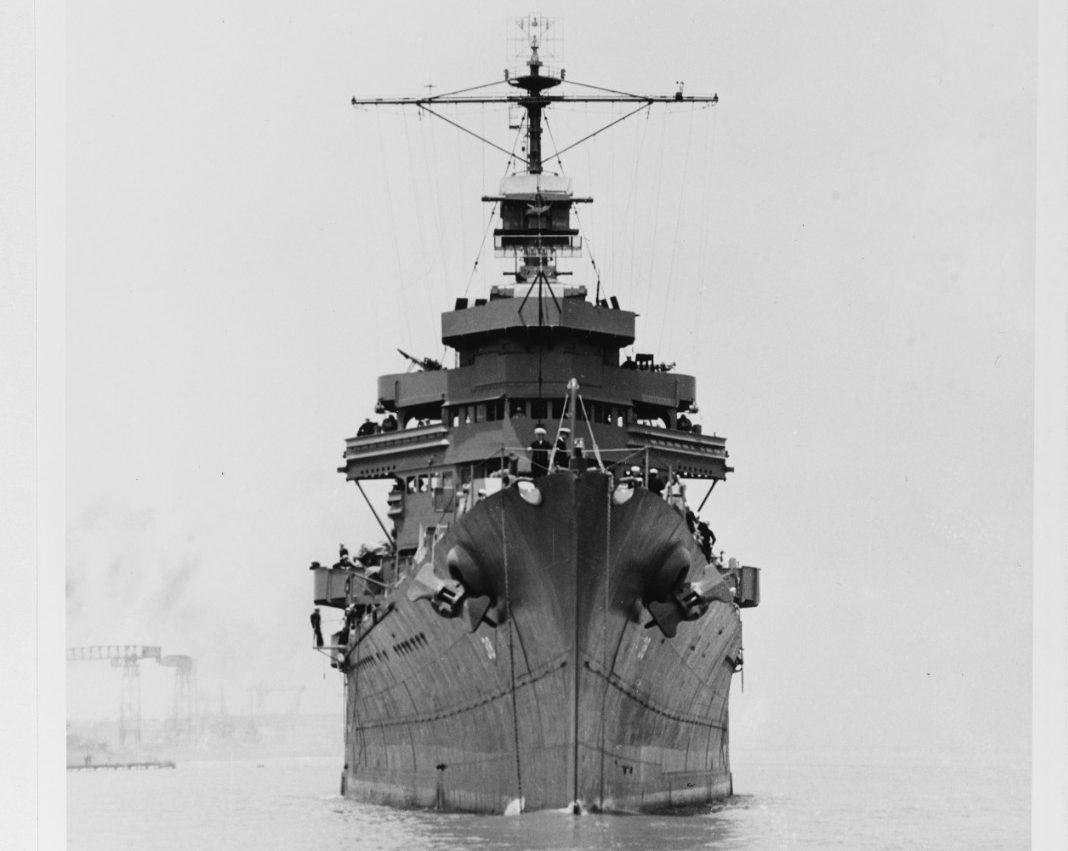
If I were making recommendations, I’d stress the importance of informal mechanisms. Staffs can easily create mountains of briefings and other documentation. What’s more difficult is creating an environment where subordinates can readily exchange information, learn together, and build on the knowledge of their colleagues. I think a staff should actively work on enabling that. It’s not just about creating space and time; it’s about introducing the appropriate constraints to enable creativity to flourish. Then, once that is in place, the staff needs to keep tabs on what’s happening. New, more effective ideas will arise. When they do, the staff needs to act quickly to exploit them and make them available to the entire command.
Nelson: How does the size of a navy – the number of ships and sailors – affect innovation? Quick growth, during World War II, for example, and steep reductions – ship numbers from the 80s to today for instance, do these affect innovation in different ways? How?
Hone: I think both offer serious challenges. The rapid growth in World War II made it very difficult to maintain the effective culture the Navy had nurtured during the early twentieth century. Rapid “scaling” (as we call it in the software world) tends to increase centralization, reduce flexibility, and inhibit innovation. That happened to the Navy as it grew during the war.
The challenge I see with steep reductions is overburdening. Organizations often reduce their size without an equivalent reduction in their commitments. This leads to overwork: people become spread too thin; maintenance gets delayed; and equipment is overutilized. Individuals may still be able to sustain the pace of operations, but they frequently lose the ability to experiment with new ideas. Innovation slows as a result. When commitments are reduced along with reductions in size—as with the Navy after World War I—this can be avoided.
Nelson: Trent, to close, if you had ten minutes with the Chief of Naval Operations and he asked you what he needed to do to create a learning organization – what would you say?
Hone: I had about thirty seconds with Admiral Richardson last year when he presented me with the second-place award for his Naval History Essay Contest, and in those thirty seconds, I encouraged him to read my book. If I had ten minutes, I’d urge him to introduce a set of integrated feedback loops that couple regular experimentation regarding the nature of future war (tactics, technology, etc.) and OPNAV’s programming process. The goals would be twofold. First, officers need to be encouraged to regularly experiment to vary their tactical approaches to discover new, more effective techniques. They need to become accustomed to adjusting to unanticipated circumstances and leveraging the creativity of their commands. Second, the lessons from their experimentation need to revise and guide the Navy’s program so that force structure and procurement reflect—and ultimately anticipate—the new learning.
We’re all familiar with the interwar Fleet Problems. What made them really powerful—what allowed them to transform the Navy—was the way they were integrated into the Navy’s planning and procurement processes. The second CNO, Admiral Robert E. Coontz, was primarily responsible for that. He created the feedback loops that allowed the Navy to not just experiment with new tactical doctrines, but to evolve force structure and war plans in light of emerging lessons. If Admiral Richardson wants “high-velocity learning,” if he wants to fully leverage the skills of the Navy’s officers, he needs to devise a set of similar mechanisms. Given the organizational changes since Coontz left office in 1923, a new set of structures and interfaces would have to be introduced. I have faith Admiral Richardson could do that, if he sets his mind to it.
Trent Hone is an award-winning naval historian and a Managing Consultant with Excella in Arlington, VA. He is an expert on U.S. Navy tactics and doctrine. His article, “U.S. Navy Surface Battle Doctrine and Victory in the Pacific” was awarded the U.S. Naval War College’s Edward S. Miller Prize and the Naval History and Heritage Command’s Ernest M. Eller Prize. His essay, “Guadalcanal Proved Experimentation Works” earned second place in the 2017 Chief of Naval Operations Naval History Essay Contest. He regularly writes and speaks about organizational learning, doctrine, strategy, and how the three interrelate. His latest book, Learning War: The Evolution of Fighting Doctrine in the U.S. Navy, 1898–1945, was published by the U.S. Naval Institute in June 2018.
Christopher Nelson is a U.S. Naval Officer stationed at the U.S. Pacific Fleet Headquarters. He is a graduate of the U.S. Naval War College and the Maritime Advanced Warfighting School. He is a regular contributor to CIMSEC. The questions and views here are his own.
Featured Image: USS Indiana (BB-58) fires a salvo from her forward 16″/45 guns at the Kamaishi Plant of the Japan Iron Company, 250 miles north of Tokyo.

